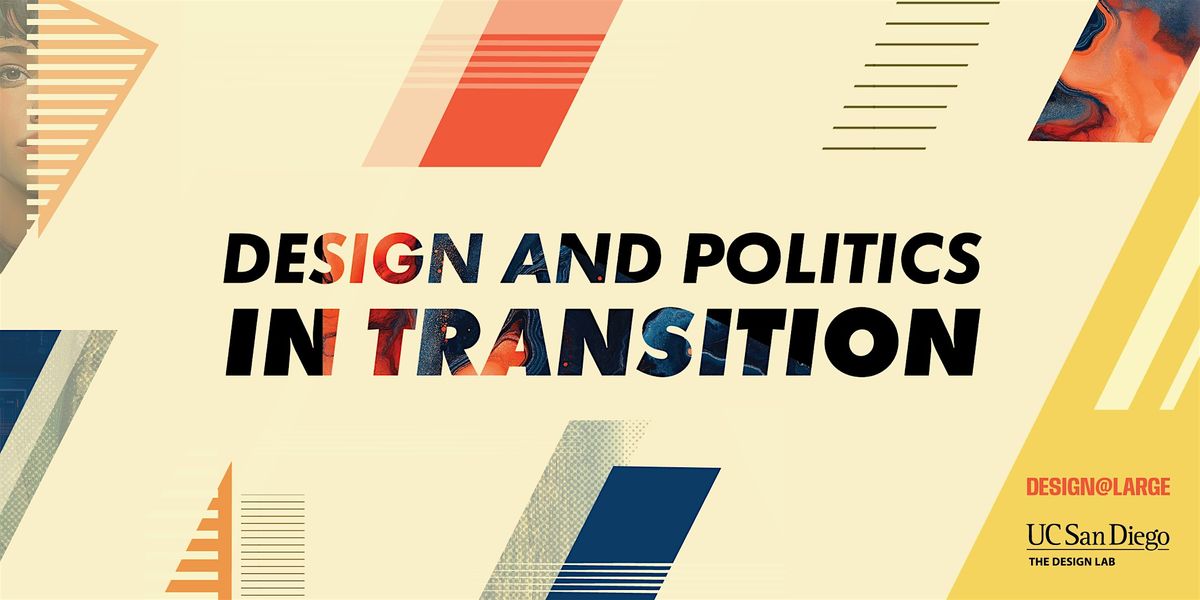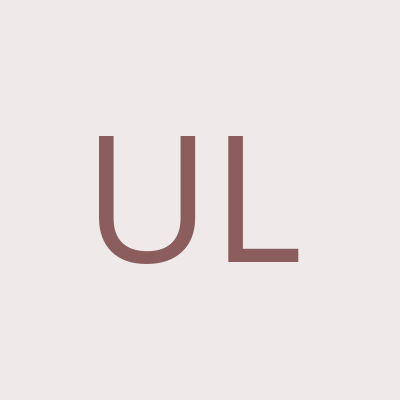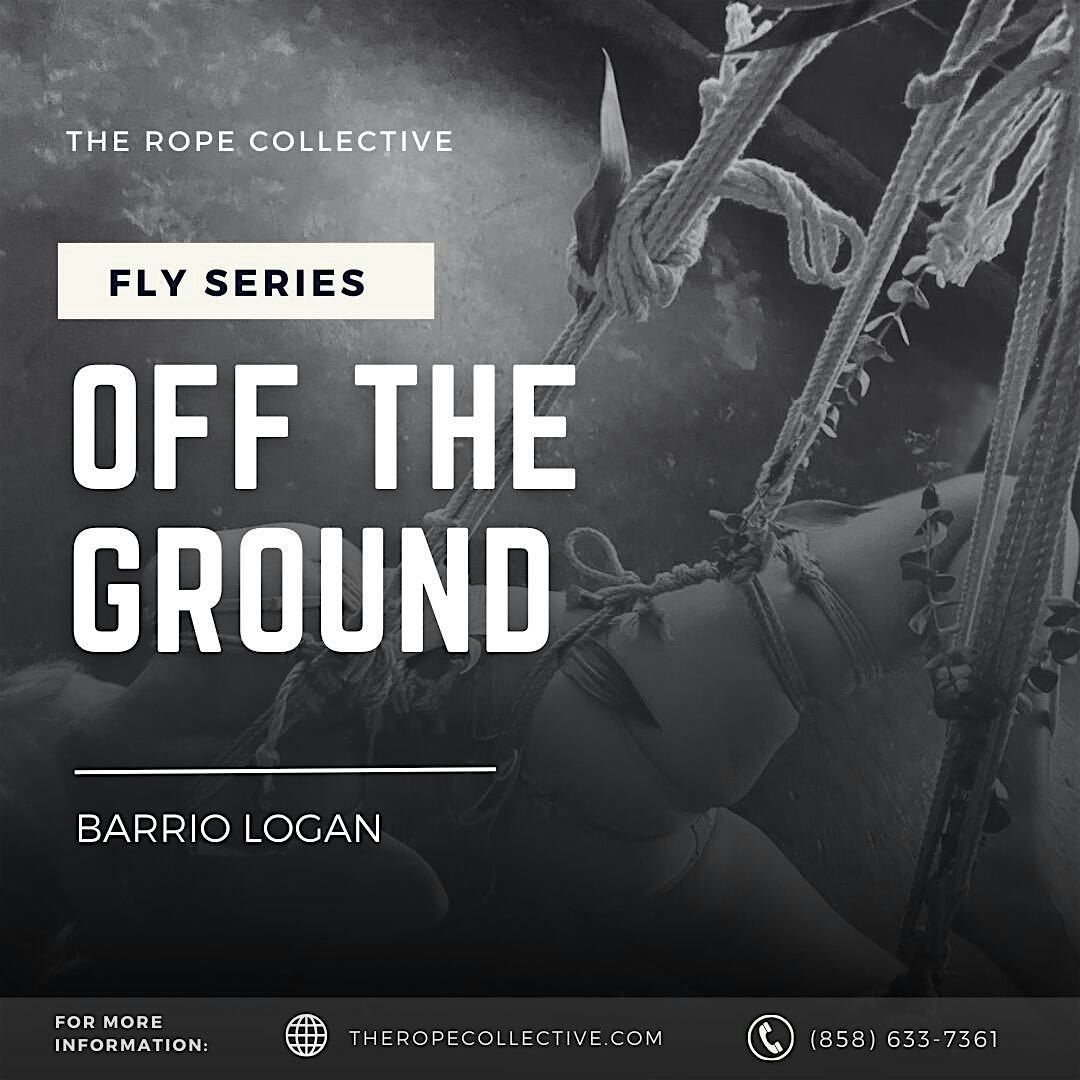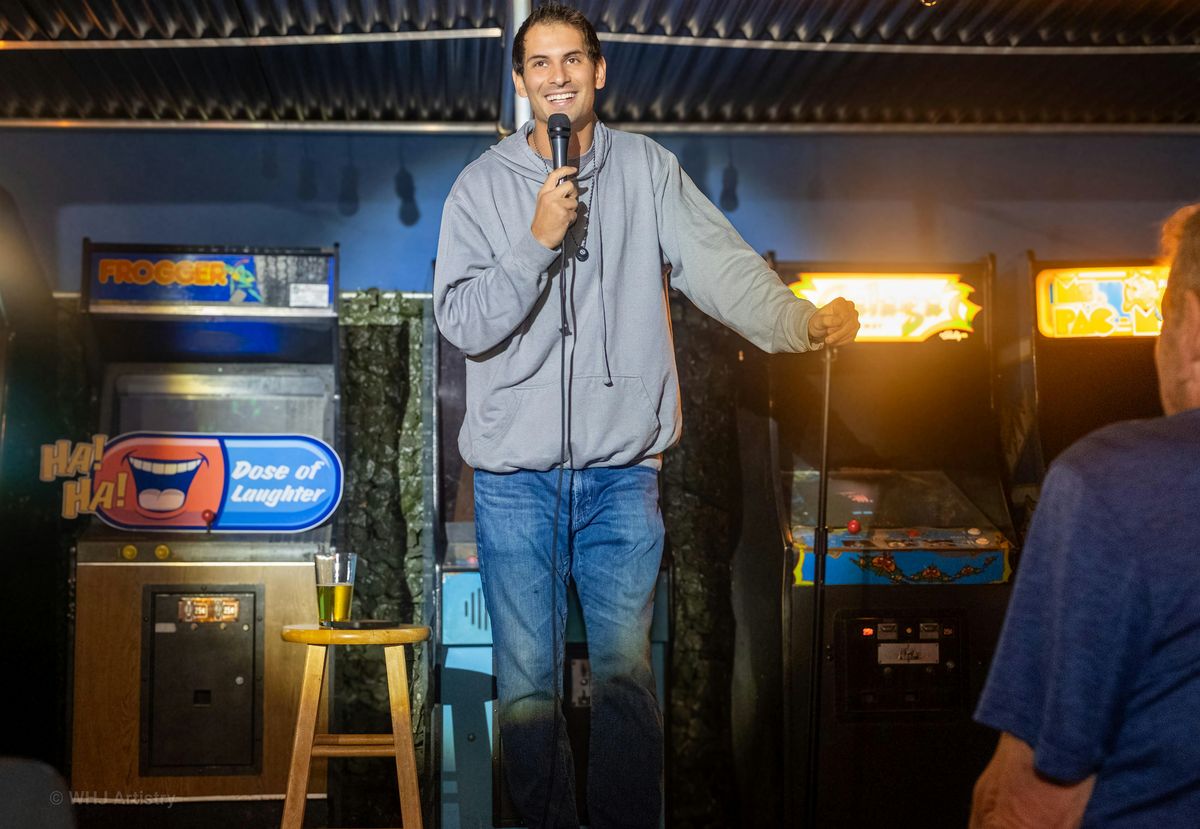
About this Event
About Confronting Carbon Form
The adoption of fossil fuels changed the spatial organization of human society, from the new building typologies invented to structure an emerging working class to the new urban archetypes that developed to meet the demands of circulation and consumption. These are the material building blocks of the fossil economy and the spatial roots of the climate crisis. This lecture will discuss the history of this phenomenon while theorizing, speculating, and imagining where an alternative may be found.
About Elisa Iturbe
Elisa Iturbe is an assistant professor at Harvard’s Graduate School of Design. Her work examines the relationship between energy, power, and form, with a focus on how the adoption of fossil fuels changed the spatial organization of the built environment, producing an urban and architectural paradigm unique to the carbon age—carbon form.
This concept was first published in Log 47, in an article titled “Overcoming Carbon Form,” which she guest-edited in 2019. She also co-curated and co-produced the exhibition Confronting Carbon Form at The Cooper Union, which exhibited original works in various media that define the spatial concepts of the carbon age.
She has published in journals such as Log, AA Files, Perspecta, and e-flux, as well as several essay anthologies. She also co-wrote a book with Peter Eisenman titled Lateness. Her work has been supported by the Graham Foundation and the New York State Council on the Arts, and she was awarded a MacDowell Fellowship in 2024. Iturbe previously taught at The Cooper Union, the Yale School of Architecture, and Cornell AAP. She is co-founder of Outside Development, a design and research practice.
About Design and Politics in Transition
Who should design serve? How does design work in a crisis, and also recognizing that some people have been living in crisis for hundreds of years? And how might we reimagine design as a radical discipline for dialogue and action? From reinterpreting legal histories and theories that enable the design of place, to redesigning food distribution systems around food and land justice, to transforming what it means to be family, design offers many ways to transform our relationships with ourselves, each other and our environment. Design and Politics in Transition offers inspiration, theory, and guidance on a variety of design practices and epistemologies that together help us transition toward different, more equitable worlds where all can thrive–even during historical moments of political and social strife.
How to get to the Design and Innovation Building on the UC San Diego campus
Click here for information about transportation options to get to the Design and Innovation Building.
If you are experiencing any COVID-like symptoms the day of the event, please join us remotely.
Event Venue & Nearby Stays
UCSD Design & Innovation Building, Room 208, Innovation Lane, San Diego, United States
USD 0.00












